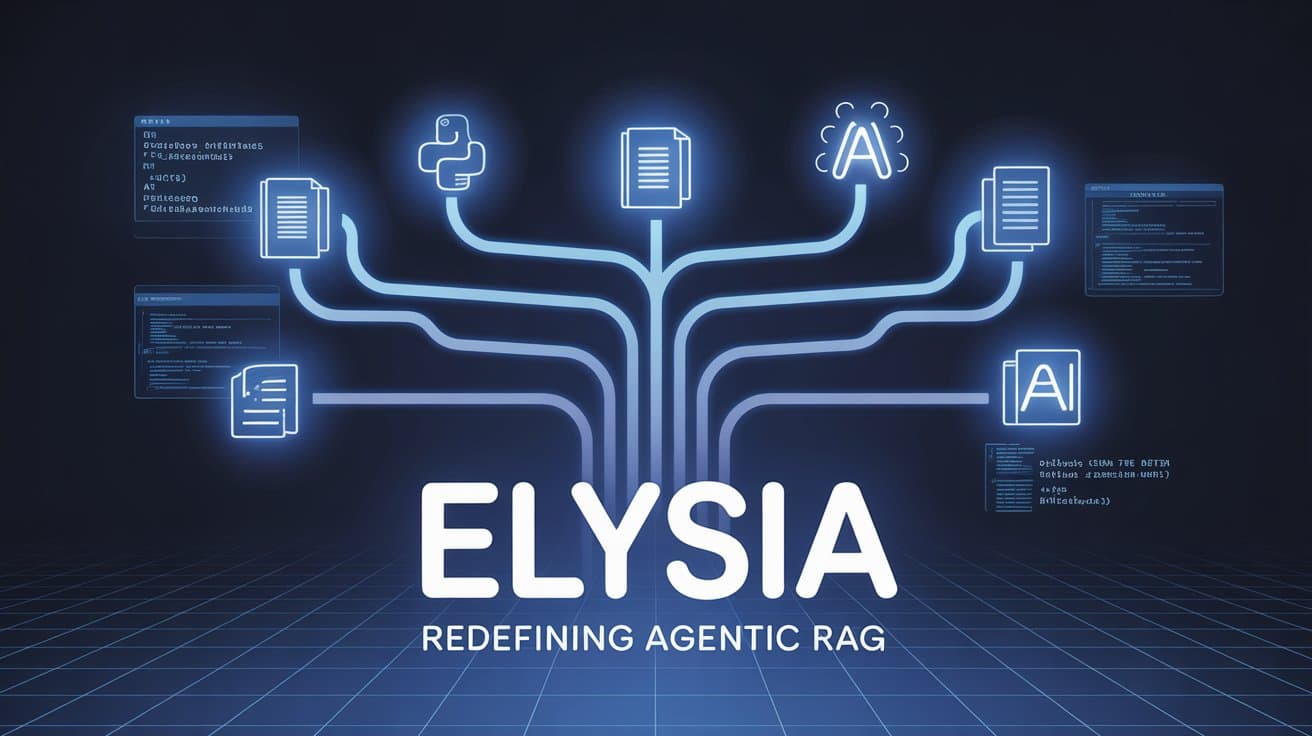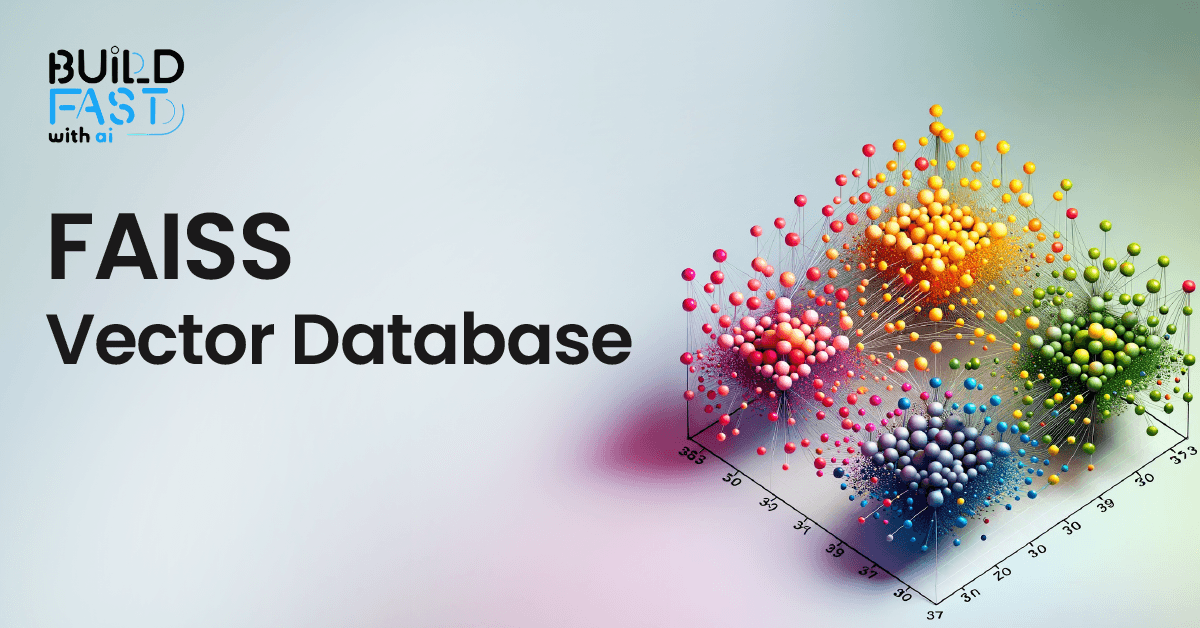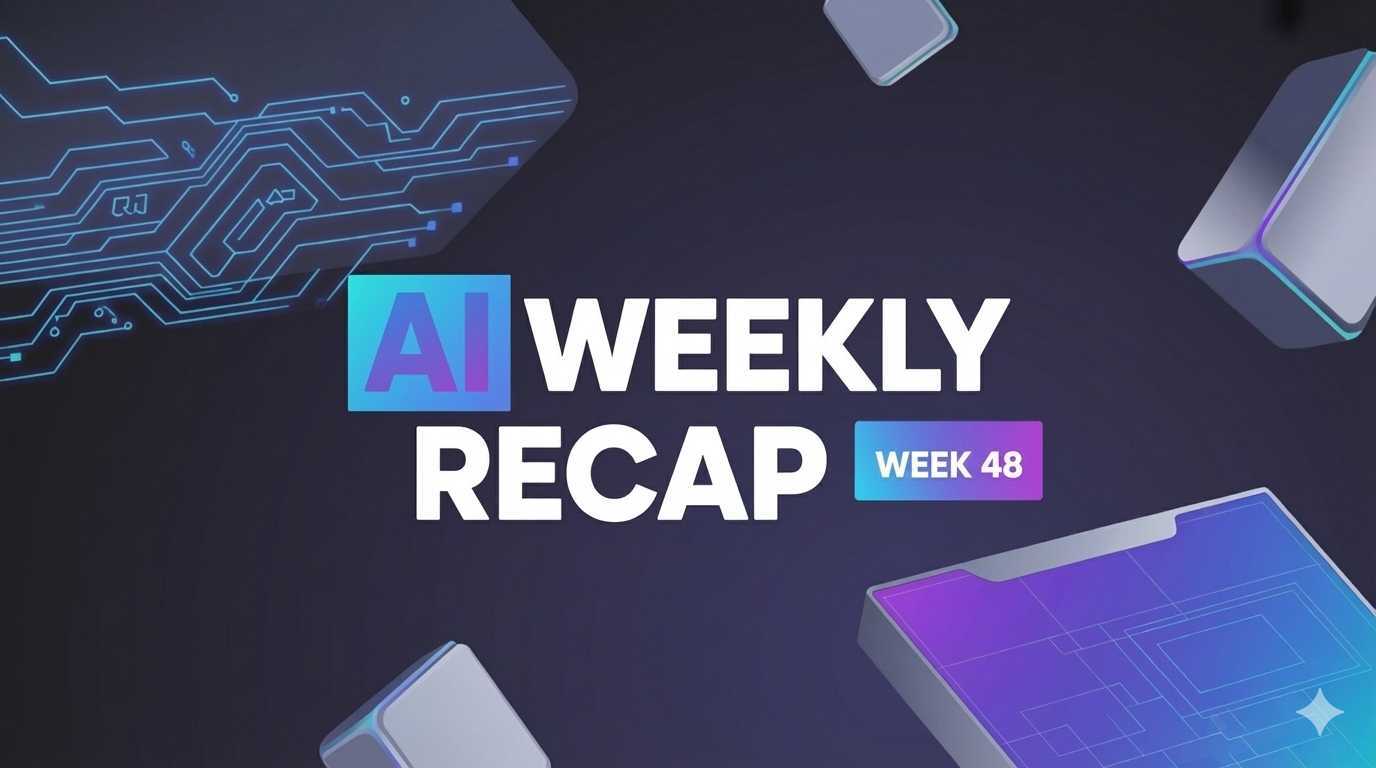Elysia: The Open-Source Python Framework Transforming Agentic RAG
If you’ve ever tried to build a Retrieval-Augmented Generation (RAG) system, you know the pain: you upload documents, ask a question, and instead of clear answers you get irrelevant text chunks or worse—AI hallucinations.
That’s where Elysia, the new open-source Python framework from Weaviate, comes in. Built for Python 3.12, Elysia redefines how we think about RAG by combining decision trees, intelligent data displays, and context-aware retrieval. It’s transparent, efficient, and built to handle real-world agentic pipelines.
How Does It Work?
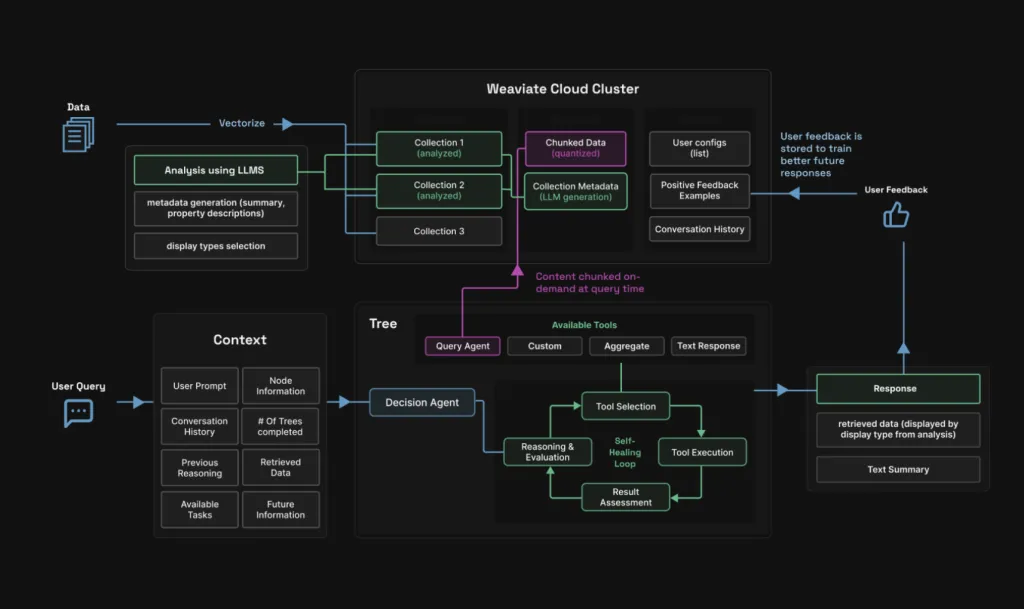
Learning from Feedback
Elysia remembers when users say "yes, this was helpful" and uses those examples to improve future responses. But it does this smartly – your feedback doesn't mess up other people's results, and it helps the system get better at answering your specific types of questions.
This means you can use smaller, cheaper models that still give good results because they're learning from actual success cases.
Chunking That Makes Sense
Most RAG systems chunk all your documents upfront, which uses tons of storage and often creates weird breaks. Elysia chunks documents only when needed. It searches full documents first, then if a document looks relevant but is too long, it breaks it down on the fly.
This saves storage space and actually works better because the chunking decisions are informed by what the user is actually looking for.
Model Routing
Different tasks need different models. Simple questions don't need GPT-4, and complex analysis doesn't work well with tiny models. Elysia automatically routes tasks to the right model based on complexity, which saves money and improves speed.
The Three Pillars of Elysia
1. Decision Trees for Smarter Agents
Instead of throwing every tool at the problem, Elysia uses structured decision trees where:
Each step remembers past actions and anticipates future paths.
Debuggable → Developers can see why the AI chose a path.
Fail-safe → Stops if a task is irrelevant (e.g., car prices in a skincare dataset).
Transparent → Workflows can be tracked, optimized, and improved.
2. Smart Data Source Display
Instead of boring text dumps, Elysia adapts results to the data type:
E-commerce → product cards
GitHub issues → ticket layouts
Spreadsheets → clean tables
With seven intelligent display modes, users always get clear, context-aware answers.
3. Data Expertise Before Search
Unlike most frameworks that retrieve first, analyze later, Elysia flips the script:
Analyzes field types, value ranges, and relationships before searching.
Chooses the most meaningful retrieval path.
Result: precise, context-aware search instead of random vector matches.
Under the Hood: How Elysia Works
Feedback Learning → Incorporates thumbs-up signals per user, without skewing global results.
Dynamic Chunking → Chunks docs on-demand instead of pre-splitting, saving storage.
Model Routing → Lightweight models for simple tasks, GPT-4-level models for deep analysis.
Quick Start with Elysia
Installation is simple:
pip install elysia-ai
elysia start
Basic Python usage:
from elysia import tool, Tree
tree = Tree()
@tool(tree=tree)
async def add(x: int, y: int) -> int:
return x + y
tree("What is the sum of 9009 and 6006?")
With Weaviate data:
import elysia
tree = elysia.Tree()
response, objects = tree(
"What are the 10 most expensive items in the Ecommerce collection?",
collection_names = ["Ecommerce"]
)
Real-World Example: Glowe Skincare Chatbot
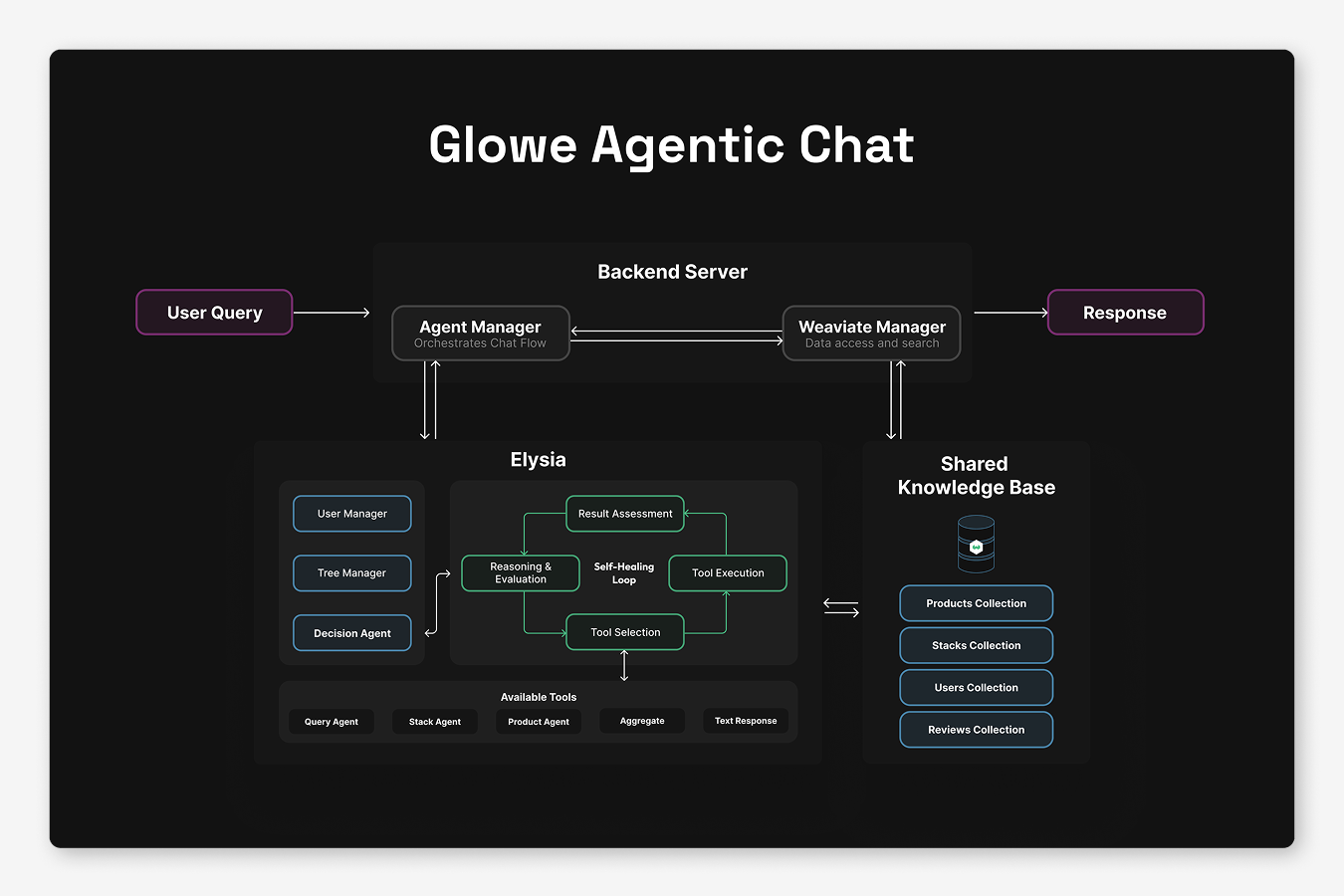
The skincare brand Glowe uses Elysia for its digital product assistant. Unlike keyword bots, Elysia factors in:
Ingredient interactions
User preferences
Product availability
So when a user asks:
“What products pair well with retinol but won’t irritate sensitive skin?”
Elysia returns safe, tailored recommendations backed by scientific context.
Why Elysia Matters
Elysia is more than just another RAG framework. It’s a rethinking of the retrieval pipeline with:
- Better accuracy
- Debuggable workflows
- Cost-efficient model routing
- Scalability for enterprise use
As the successor to Weaviate’s Verba, Elysia is setting the new standard for agentic RAG systems.
Final Thoughts
Elysia represents a major leap forward in building intelligent, reliable AI agents. Whether you’re:
A startup building chatbots,
An enterprise deploying knowledge assistants, or
A researcher experimenting with decision-tree AI—
👉 Elysia offers a framework that’s transparent, scalable, and open-source.
It’s not just RAG 2.0—it’s Agentic RAG done right.
===================================================================
Master Generative AI in just 8 weeks with the GenAI Launchpad by Build Fast with AI.
Gain hands-on, project-based learning with 100+ tutorials, 30+ ready-to-use templates, and weekly live mentorship by Satvik Paramkusham (IIT Delhi alum).
No coding required—start building real-world AI solutions today.
👉 Enroll now: www.buildfastwithai.com/genai-course
⚡ Limited seats available!
===================================================================
Resources & Community
Join our vibrant community of 12,000+ AI enthusiasts and level up your AI skills—whether you're just starting or already building sophisticated systems. Explore hands-on learning with practical tutorials, open-source experiments, and real-world AI tools to understand, create, and deploy AI agents with confidence.
Website: www.buildfastwithai.com
GitHub (Gen-AI-Experiments): git.new/genai-experiments
LinkedIn: linkedin.com/company/build-fast-with-ai
Instagram: instagram.com/buildfastwithai
Twitter (X): x.com/satvikps
Telegram: t.me/BuildFastWithAI


